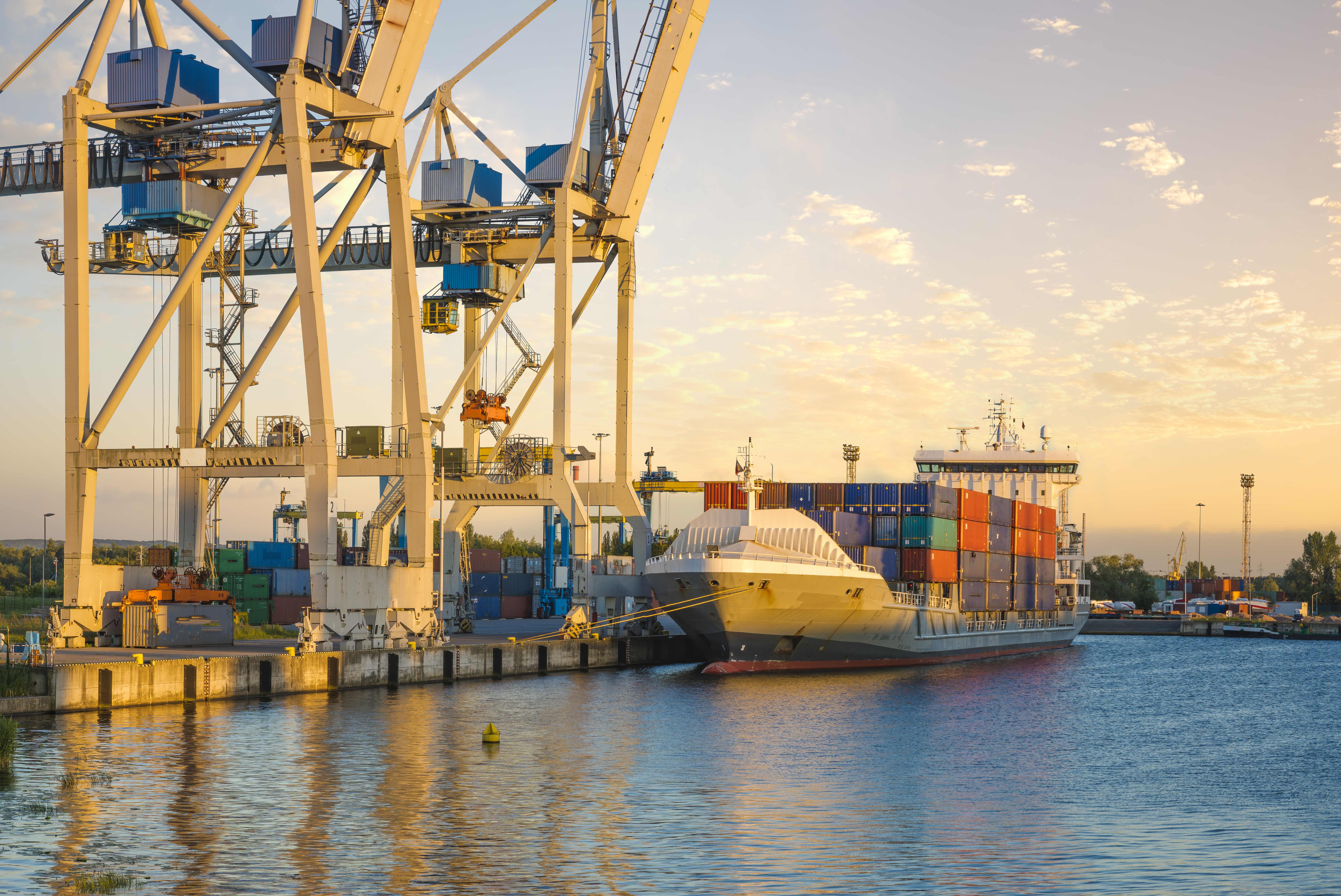Trade Agenda Not Likely to Be An Exception
Trade Agenda Not Likely to Be An Exception
"In the absence of passage of these bilateral agreements, a possible near-term alternative would be to welcome Colombia and Panama into ongoing negotiations for the Trans-Pacific Partnership," writes AS/COA's Eric Farnsworth in an opinion letter to the Financial Times.
Sir, Norm Ornstein paints a future of gridlock for US politics in the wake of the forthcoming elections, with one possible exception, the stalled trade agenda. He posits that the long-stalled free-trade agreements with South Korea and Colombia (and, presumably, Panama) could find bipartisan support with a Republican takeover of the House of Representatives.
This view is widely held in Washington, but it may overstate the support in the Republican caucus for rapid action on pending trade agreements, particularly as Tea Party populists replace pro-trade congressional votes, Republicans and Democrats alike.
As well, the desire to re-litigate and investigate the first two years of the Obama administration will tend to crowd out other less pressing matters in the two years prior to the next presidential election, while souring the mood for bipartisan co-operation still further.
Of course, the administration’s stated desire to move the South Korea agreement first, while remaining non-committal to a timeframe for the Colombia and Panama agreements, signals further delay for Latin American trade even if Korea passes.
In the absence of passage of these bilateral agreements, a possible near-term alternative would be to welcome Colombia and Panama into ongoing negotiations for the Trans-Pacific Partnership, along with Malaysia, which just joined, but for now at least Washington’s trade focus is on Asia.
In the meantime, Latin America’s impressive economic recovery continues, with Canada, China, Europe, and India among others set to reap the rewards.







